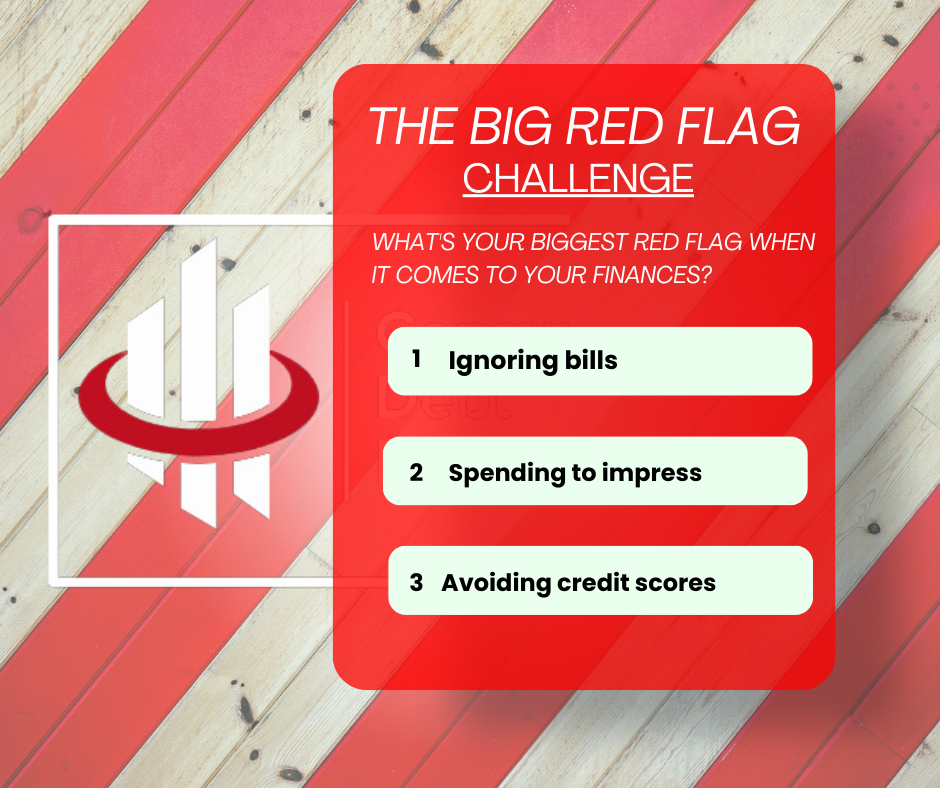Why Credit Scores Matter More Than You Think
Did you know your credit score can determine whether you get approved for a home loan, a car, or even a cellphone contract? Yet, many South Africans overlook the importance until they face financial roadblocks.
Your credit score is more than just a number; it’s a reflection of your financial health. A poor score can limit your options, while a strong one can open doors to better interest rates, higher credit limits, and improved financial opportunities.

What You’ll learn ?
In this guide, we’ll explore why your credit score matters, how it’s calculated, and practical steps to improve it. Whether you’re dealing with debt review, considering debt consolidation, or simply looking to boost your financial standing, this guide has you covered.
What Is a Credit Score and How Is It Calculated?
Understanding Your Credit Score
A credit score is a numerical representation of your creditworthiness, helping lenders determine the risk of lending to you. In South Africa, credit scores typically range from 300 to 850, with higher scores indicating better credit reliability.
How Your Credit Score Is Calculated
Your credit score is based on several key factors:
- Payment History (35%) – Are you paying your bills on time? Missed or late payments can severely damage your score.
- Credit Utilization (30%) – How much of your available credit are you using? Keeping usage below 30% of your credit limit is ideal.
- Credit History Length (15%) – The longer you’ve had credit accounts, the better.
- Credit Mix (10%) – A mix of different credit types (loans, credit cards, etc.) can boost your score.
- New Credit Inquiries (10%) – Frequent credit applications can negatively impact your score.
The Hidden Impact of a Poor Credit Score
A low credit score can have consequences beyond just loan rejections. Here’s how it can affect you:
- Loan and Credit Card Rejections – Many lenders require a minimum credit score for approval.
- Higher Interest Rates – Poor credit means higher borrowing costs.
- Difficulty Renting Property – Landlords may check your credit before leasing to you.
- Limited Job Opportunities – Some employers assess credit reports during hiring processes.
- Increased Insurance Premiums – Certain insurers consider credit scores when determining premiums.
If you’ve been flagged under debt review or are struggling with a blacklisted status, your financial options become even more limited. However, there are ways to improve your situation.
Debt Review & Credit Scores: What You Need to Know
How Debt Review Affects Your Credit Score
Debt review is a legal process designed to help over-indebted consumers manage their debt. While it protects you from legal action and excessive interest rates, it also places restrictions on your financial activity:
- You cannot take on new credit while under debt review.
- Your credit profile is flagged, limiting loan approvals.
- Once you’ve completed the process, you must obtain a clearance certificate to restore your financial standing.
How to Improve Your Score After Debt Review
If you’ve successfully exited debt review, here’s how you can rebuild your credit:
- Obtain a Clearance Certificate – Ensure all records of debt review are removed from your credit report.
- Check Your Credit Report Regularly – Verify that the flag has been lifted.
- Start Small with Credit – A secured credit card or small store account can help you re-establish positive credit habits.
- Make On-Time Payments – Timely bill payments are crucial for rebuilding your score.

How Debt Consolidation Can Improve Your Credit Score
What Is Debt Consolidation?
Debt consolidation is the process of combining multiple debts into a single loan with a lower interest rate and manageable repayment terms.
Benefits of Debt Consolidation for Credit Scores
- Easier to Manage Payments – Reduces the chances of missed payments, which hurt your credit.
- Potentially Lower Interest Rates – Helps you pay off debts faster.
- Stops Collections Calls – Consolidating debt prevents late fees and collection actions.
While debt consolidation can be an effective strategy, it’s essential to choose the right lender and ensure that your payments are manageable.
How to Check and Improve Your Credit Score
Step 1: Check Your Credit Report Regularly
You are entitled to one free credit report per year from South Africa’s major credit bureaus, such as:
- TransUnion
- Experian
- ClearScore
- Compuscan
Review your report to ensure accuracy and dispute any incorrect information.
Step 2: Pay Bills on Time
Your payment history accounts for the largest portion of your credit score. Set up reminders or automatic payments to avoid missed due dates.
Step 3: Reduce Credit Utilization
Try to use less than 30% of your available credit to maintain a healthy score. If your credit limit is R10,000, keep your balance below R3,000.
Step 4: Avoid Unnecessary Credit Applications
Each new credit inquiry temporarily lowers your score. Apply for new credit only when necessary.
Step 5: Keep Old Credit Accounts Open
The length of your credit history matters. Even if you don’t use an older credit card, keeping it open can benefit your score.
The Role of CDM in Helping You Rebuild Credit

At Consumer Debt Management (CDM), we specialize in helping South Africans restore their financial health through:
- Debt Review Removal – Assisting clients in clearing their debt review status.
- Debt Consolidation Support – Helping clients find the best consolidation options.
- Credit Rehabilitation Plans – Personalized strategies to rebuild credit scores.
Success Stories
Case Study: One of our clients, John M., was blacklisted due to unpaid debts. After working with CDM, he successfully removed his debt review status and increased his credit score by 150 points in under a year. Today, he’s qualified for a home loan and regained financial independence.

Common Myths About Credit Scores Debunked
- “Checking My Credit Score Will Lower It” – False. Checking your own credit report does not impact your score.
- “Once I’m Blacklisted, I Can’t Fix My Credit” – False. Blacklisting is not permanent; with the right strategy, you can recover.
- “Paying Off All My Debt Immediately Will Boost My Score Overnight” – False. It takes time and consistent financial responsibility to improve your score.
Conclusion: Take Control of Your Financial Future
Your credit score is more than just a number; it’s a key to your financial future. Whether you’re recovering from debt review, consolidating debt, or simply looking to improve your score, every positive step counts.
At CDM, we’re here to guide you on your journey to financial freedom.
Take Action Today!
- Check Your Credit Score Now – Visit TransUnion, Experian, or ClearScore.
- Struggling with Debt? Contact CDM for expert assistance.
- Start Your Credit Rehabilitation Journey – The sooner you act, the sooner you’ll see results.
Ready to reclaim your financial future? Start Your Journey Today!

No responses yet